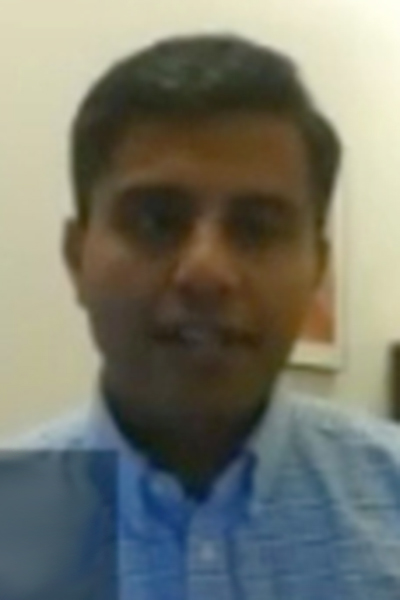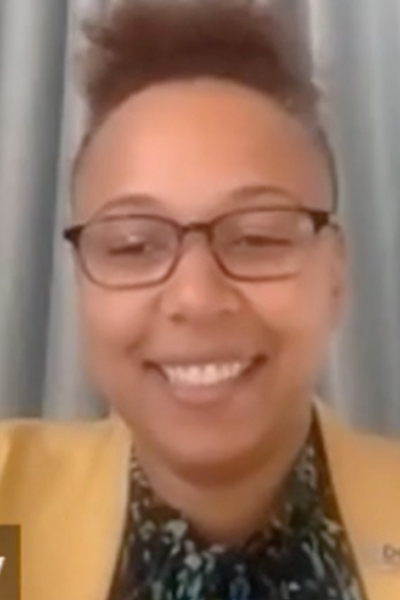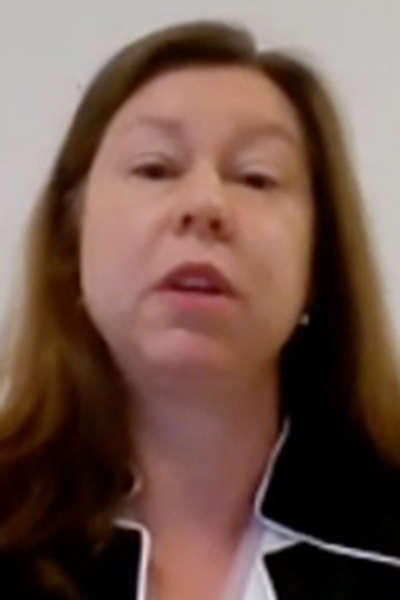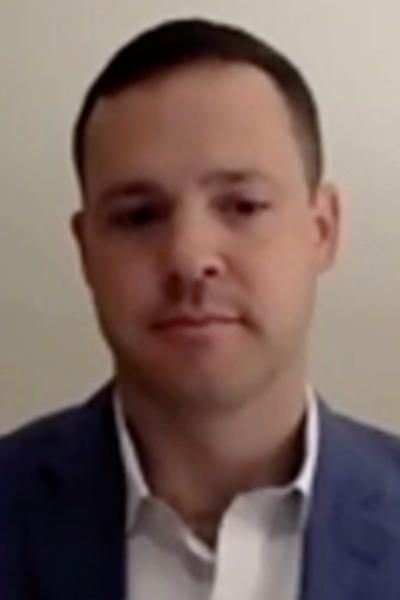Traditionally, death was experienced at home, and religious and cultural practices to cope with death and dying assumed assume end-of-life care in the home. But mid-20th century advances changed that. Now, about 80% of deaths in the US take place in acute care hospitals or nursing facilities, but 80% of Americans say they would prefer to die at home.
The Monday, October 19, session Cultural Sensitivity in Palliative Care – Integrating Belief Into Medicine examined how physicians can improve their skills when working with patients’ different cultures and religions in the discussion of death and dying. The session is available for on-demand viewing on the virtual CHEST 2020 meeting platform through January 18, 2021, for registered attendees.

Shine Raju, MD, MBBS, said that religious perspectives offer a window into patient decisions concerning medical care and wishes at the time of death. Many patients worry that if they should become gravely ill, that their physicians will not follow their wishes.
To avoid this, physicians must take the initiative to educate themselves about the expectations different religions and cultures have for end-of-life care and death.
“Be open. Be present. Be curious. Be respectful,” said Dr. Raju, assistant professor of medicine, in the department of pulmonary, critical care, and sleep medicine at the University Hospitals Cleveland Medical Center and Case Western Reserve University.
The Joint Commission on Accreditation of Healthcare Organizations, in its 2010 recommendations, said that cultural competence was a necessary skill for end-of-life care. Clinicians should ask about each patient’s specific religious, cultural, and spiritual needs, including any rituals or religious items, such as garments, during this period of care.
Patients want clinicians to inquire about spirituality to help them cope with the ongoing threats to their health, and Dr. Raju recommends involving chaplains in interdisciplinary care team meetings and in discussions about care goals.

Danielle McCamey, ACNP, FCCP, chief nurse practitioner in the Pre-Anesthesia Testing Center at MedStar Washington Hospital Center, offered advice for ways to frame discussions about death. Addressing spirituality increases overall satisfaction with care, and patients do want physicians to consider spirituality or religious commitment, but the majority of spiritual needs are not met or acknowledged, she said.
McCamey shared several tools that can help providers bring up these topics and offered some recommendations for having these important discussions:
- Rehearse: Sit and reflect on the words you want use.
- Collaborate: Bring in a spiritual specialist early and often.
- Be honest: Show your authentic self.
- Empower: Help patients and families ask questions.
- Hold space: Be willing to sit in silence and allow patients to process.
- Honor wishes: What’s really important to this patient and family?
- Debrief: Not only with patients, but also with the health-care team.
“It’s good for us to understand that these decisions are difficult,” McCamey said. “There’s no right way. There’s no wrong way. There’s always room for improvement. Discussions like this are important for us to have repeatedly because there’s an art to this.”

Norine McGrath, MD, FACEP, with Seattle Emergency Physicians, said that generally, health-care in Western civilization feels strongly that patients should have all information available about their diagnosis, prognosis, treatment options, and end-of-life care, but many times this idea doesn’t fall under the parameters of how others wish to experience death.
Bridging the gap between traditional medicine’s assumptions for end-of-life care and helping patients achieve a “good death” in a way the patient most ideally wishes to experience it with the health-care team’s support for both patient and family involves going into the process with an open mind and asking open-ended questions to patients and families, who can share their specialized needs and expectations. Physicians also need to make sure to avoid judgement based on their own beliefs and biases. Dr. McGrath also recommends making time to make sure to honor the experience the family is having and meeting their emotional needs. She shared an experience of a Muslim family with a family member in the ICU and unable to safely return home before dying. They asked whether the room could be rearranged so their loved one could face towards Mecca at the time of death.
“The initial response was, no, we can’t do that. There are too many machines. It would be too complicated. There are all these drugs,” Dr. McGrath said. “And then someone pointed out that this patient took a road trip to IR a few days ago. If we can take them to a different floor of the hospital, of course we can find a way to rearrange the room to point East. With a little bit of planning and a little bit of extra stuff, we were able to meet that patient’s need.”

Benjamin Moses, MD, MS, FCCP, assistant professor of anesthesiology and critical care medicine at University of Virginia Health System, said that trips to teach at hospitals in Rwanda and Ethiopia opened his eyes to reflect and challenge personal assumptions and gaps in knowledge when it comes to end-of-life care for patients who don’t share similar experiences.
Physicians must become familiar with the barriers—language, social, institutional, and legal. With language, for example, interpreters are usually available, but physicians tend to speak jargon. When it comes to talking about death, speak as plainly as possible to understand what the needs are for patients and families.
“Is the problem that a patient is dying in the ICU? No, that happens,” Dr. Moses said. “The problem is assuming that we know that our approach is the right way. So I challenge you to find an approach that is both understood by everybody involved and is the correct way to go about it for your patient and for the families.”
Sign in to CHEST 2020 now!
Not registered yet? Register now to enjoy top-tier education through Wednesday, October 21, and access to the virtual platform until January 18, 2021.





